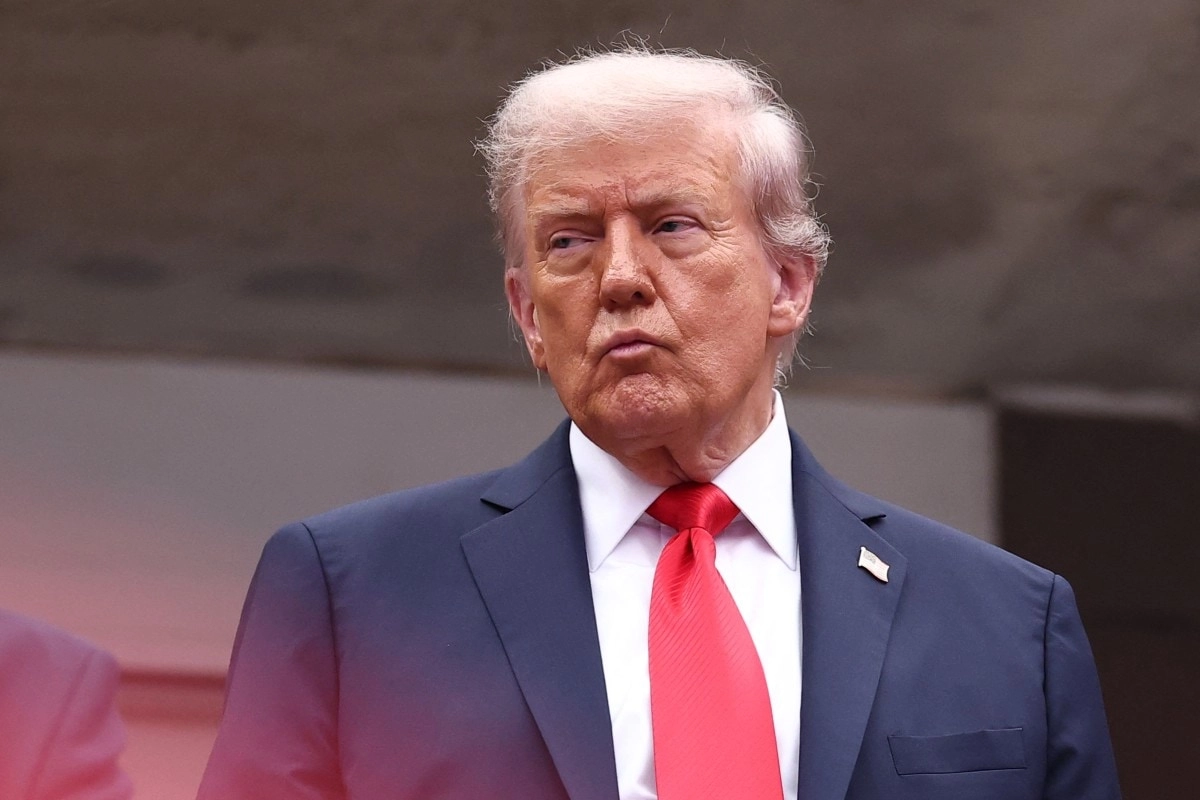In the latest developments surrounding U.S.-India trade relations, former President Donald Trump has issued stark warnings regarding potential secondary sanctions that could be imposed on India if it does not comply with U.S. trade expectations. This announcement comes as both nations navigate a complex landscape of tariffs and trade negotiations that have significant implications for their economic ties. Trump’s comments suggest a hardening stance from the United States, reflecting broader concerns about international trade practices and compliance with U.S. regulations. The former president’s warnings indicate a willingness to leverage economic pressure to achieve policy goals, particularly in the wake of ongoing discussions surrounding tariffs.
On the other hand, Indian officials have firmly rejected Trump’s assertions, maintaining a steadfast position against any form of external pressure regarding their trade policies. India’s refusal to budge highlights a growing confidence in its economic strategies and a commitment to upholding its national interests in the face of international negotiations. This stalemate adds a layer of complexity to U.S.-India relations, as both countries grapple with their respective economic priorities and the potential fallout from continued trade tensions. The impasse raises questions about the future of bilateral trade agreements and the likelihood of finding common ground in the ongoing discussions.
As both nations stand firm in their respective positions, the potential for increased tariffs and trade barriers looms large. Analysts suggest that continued friction could lead to a broader deterioration of economic relations, impacting not only bilateral trade but also global supply chains and international markets. The situation calls for careful diplomacy, as both sides must navigate their demands while seeking to maintain a constructive dialogue. The outcome of these negotiations will be closely watched by global markets, as they could set important precedents for international trade policy in the coming years. As the situation evolves, stakeholders from both countries will need to engage in strategic discussions to avoid escalations that could have far-reaching economic consequences.




